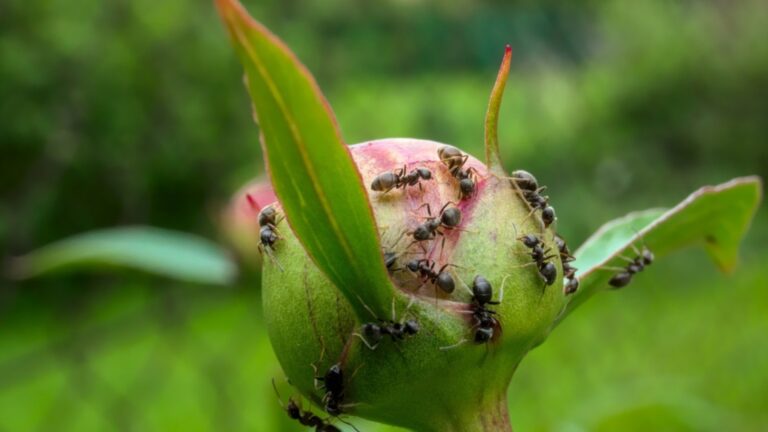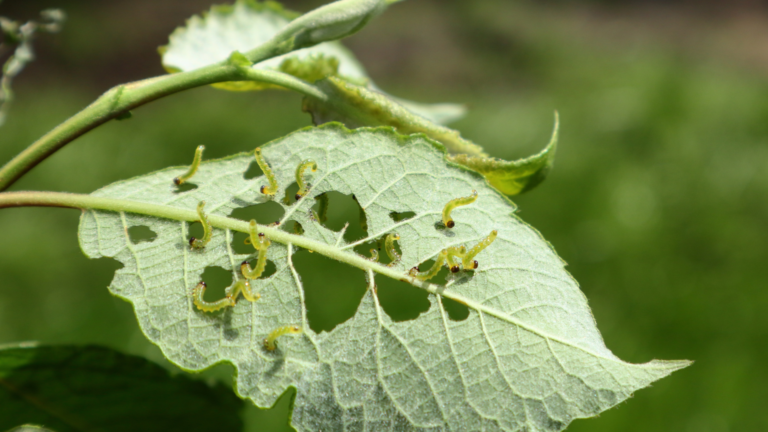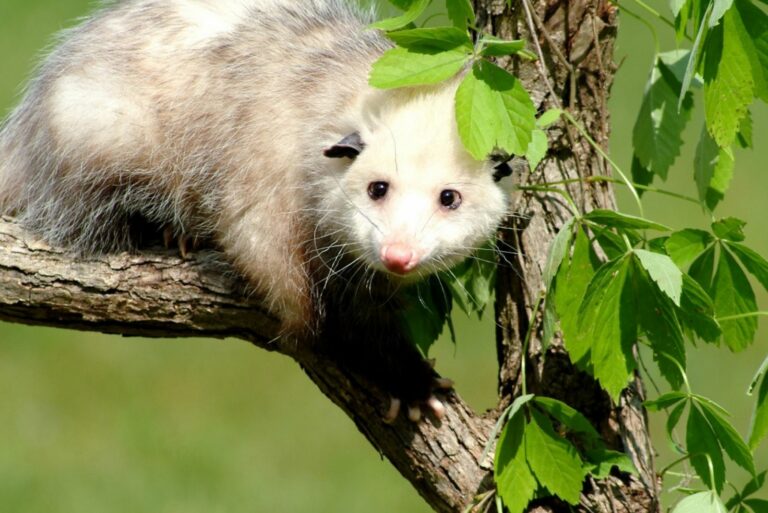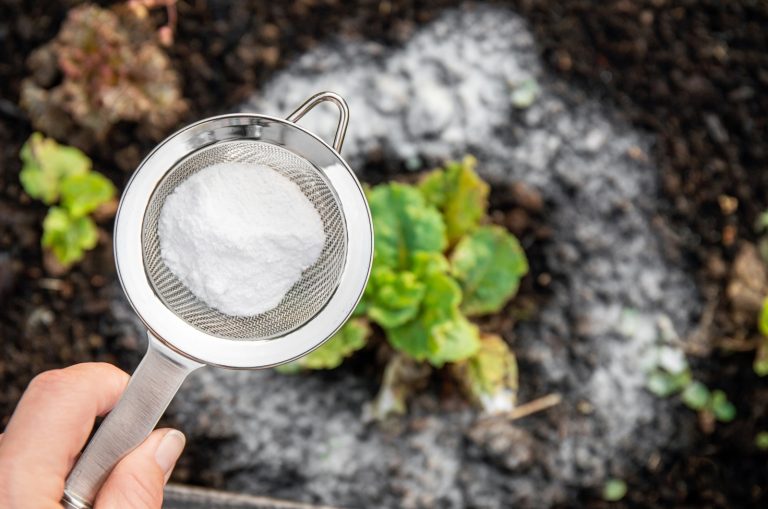8 Proven Ways To Get Rid Of Yellow Jackets In Georgia Gardens
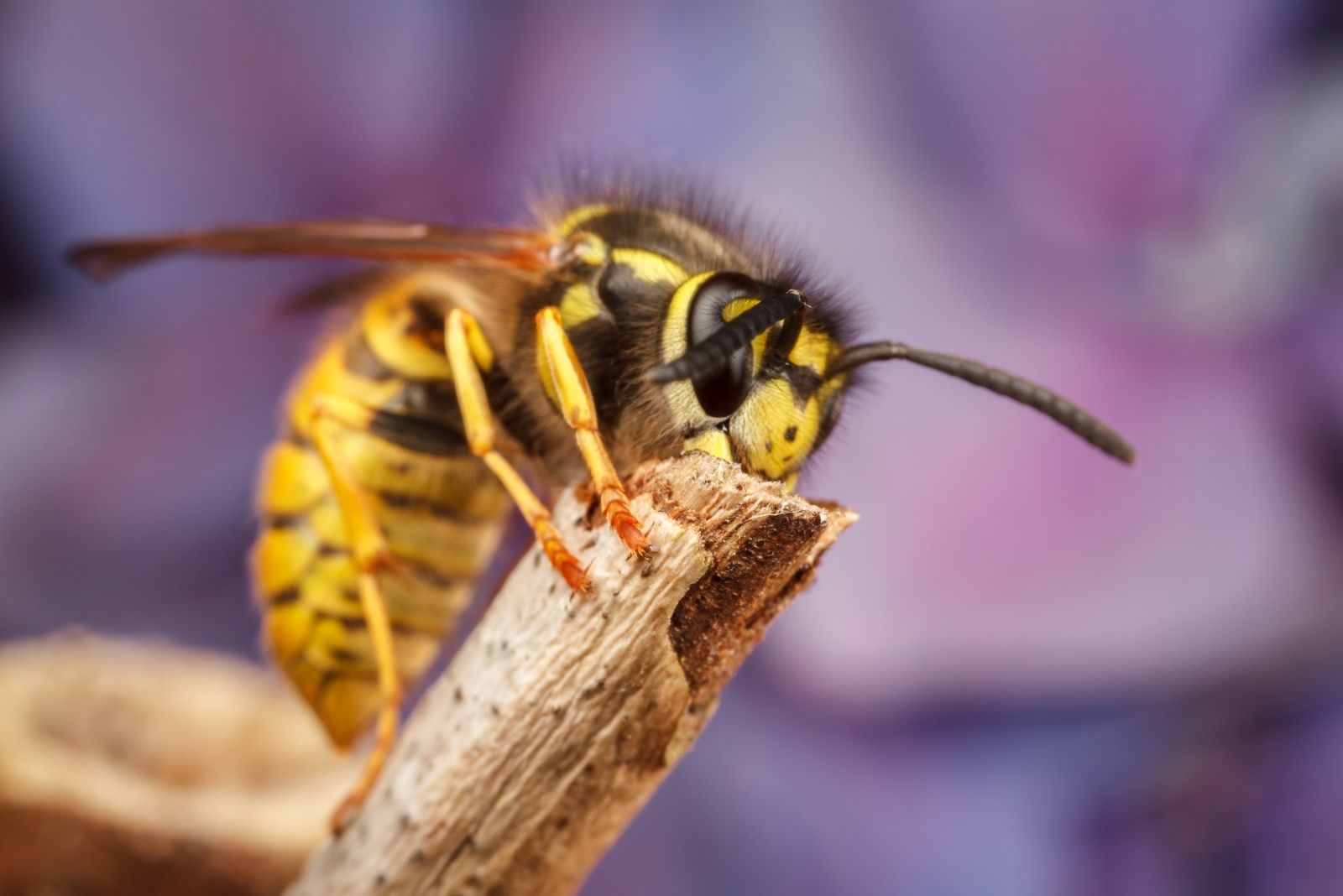
Yellow jackets become a real nuisance in Georgia gardens, especially during late summer and fall when they’re most aggressive. These striped insects can ruin outdoor activities and make gardening a painful experience with their repeated stings.
I’ve had my fair share of picnics spoiled by these unwelcome guests, so I understand the frustration Georgia gardeners face when trying to enjoy their outdoor spaces.
1. Set Up Soapy Water Traps
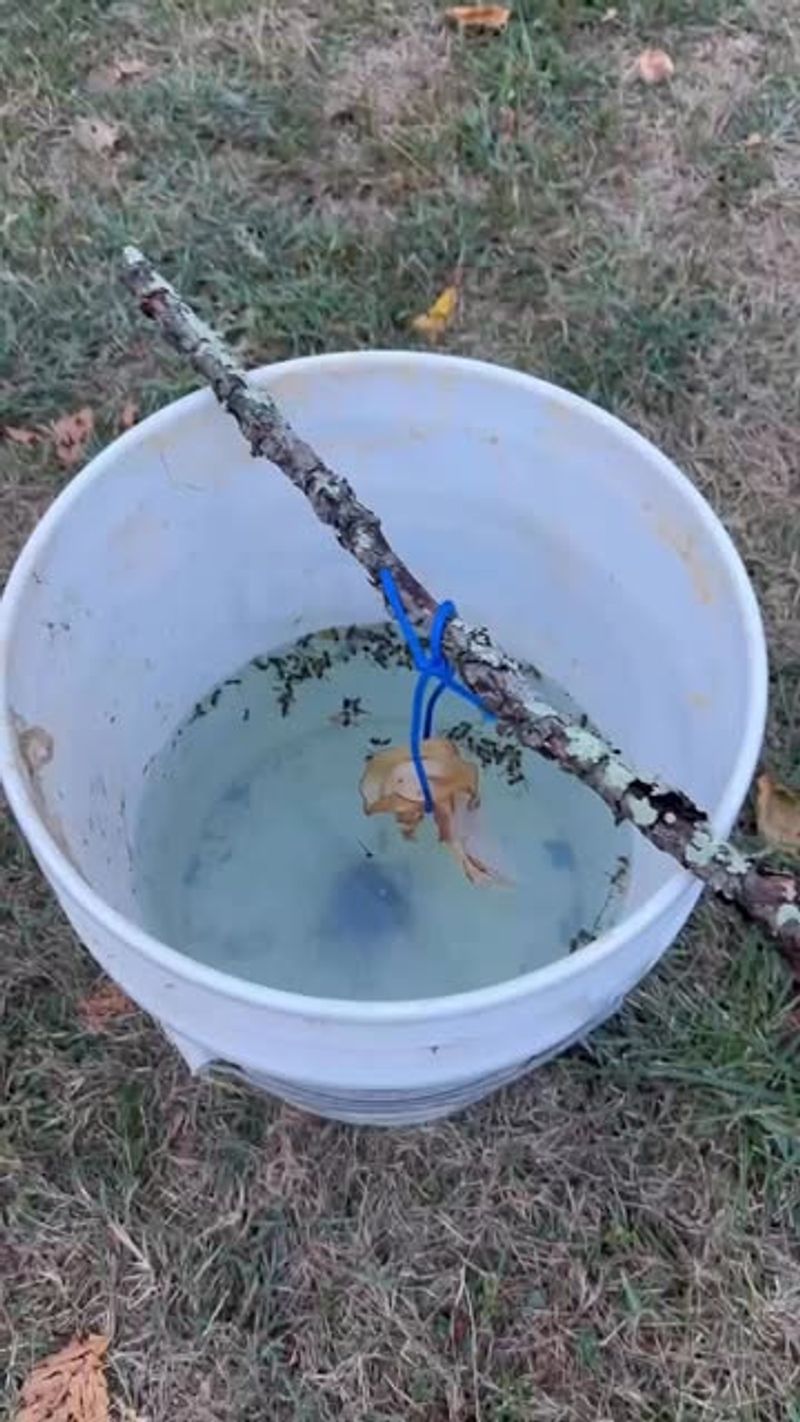
Mix dish soap with water in a bucket to create an effective trap. The sweet scent attracts yellow jackets, while the soap breaks surface tension, causing them to drown when they land.
Place these traps around the perimeter of your garden, about 20 feet from areas where you spend time. In Georgia’s heat, you’ll need to refresh these every few days as evaporation occurs.
My neighbor caught over fifty yellow jackets in a single weekend using this method in her peach orchard last August!
2. Hang Commercial Yellow Jacket Traps
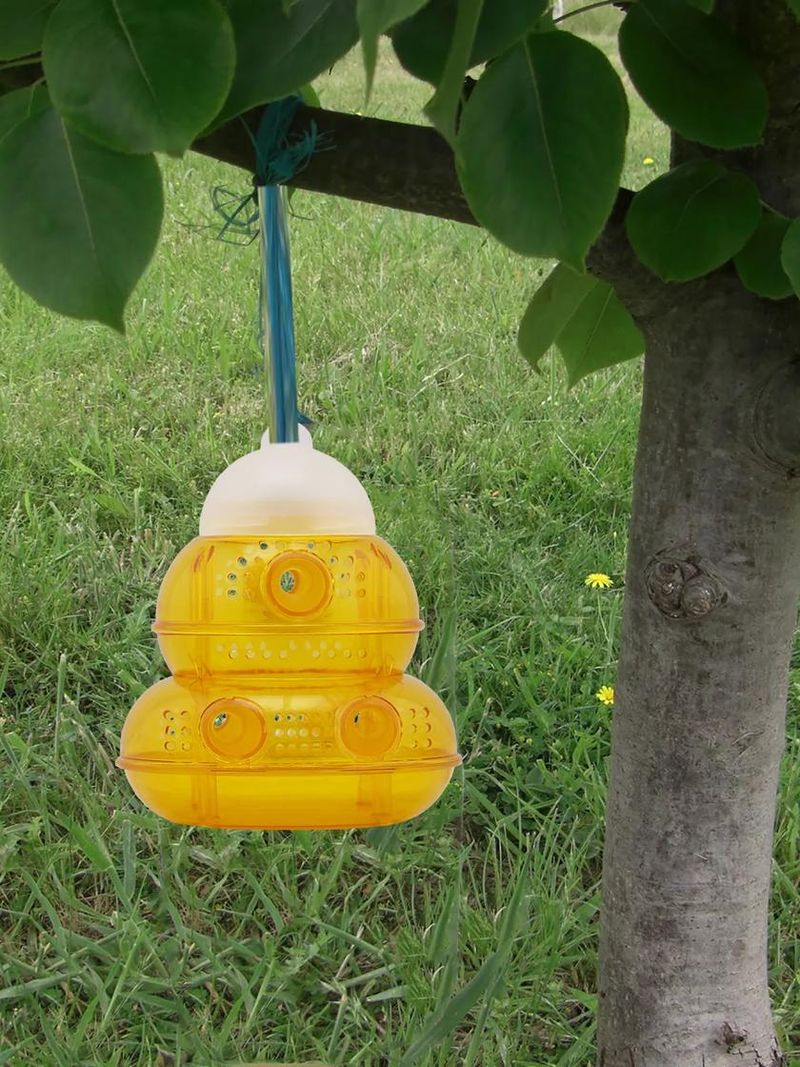
Store-bought traps work wonders in Georgia gardens where yellow jacket populations explode by midsummer. These ready-made solutions contain attractants specifically designed to lure the insects away from your outdoor living spaces.
Position traps at least 20 yards from patios and garden seating areas. The farther away they are, the more effectively they’ll draw yellow jackets from places you actually want to enjoy.
Replace the bait regularly for maximum effectiveness, especially after heavy Georgia summer rains.
3. Remove Food Sources
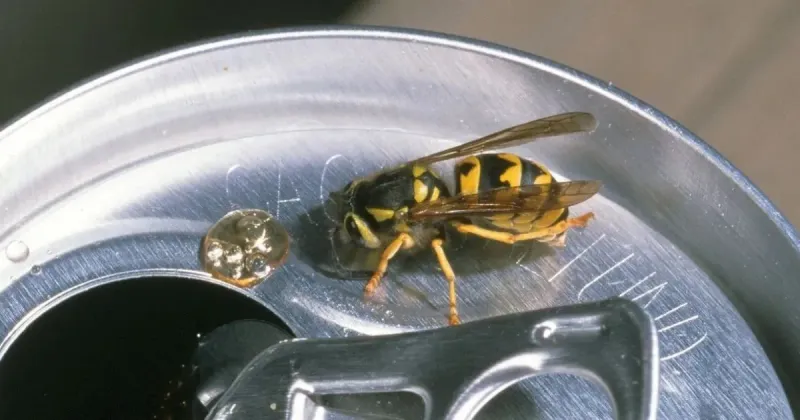
Yellow jackets love sweet treats and protein-rich foods, making your Georgia garden picnics prime targets. Cover all food and drinks when dining outdoors, especially fruits, meats, and sweet beverages that attract these pests instantly.
Regularly harvest ripe fruits from garden plants and trees. Fallen peaches, apples, and berries quickly become yellow jacket magnets in the humid Georgia climate.
Keep outdoor trash cans tightly sealed and located far from seating areas. I switched to containers with snap-lock lids after watching yellow jackets swarm my previous open-top bin.
4. Plant Natural Repellents
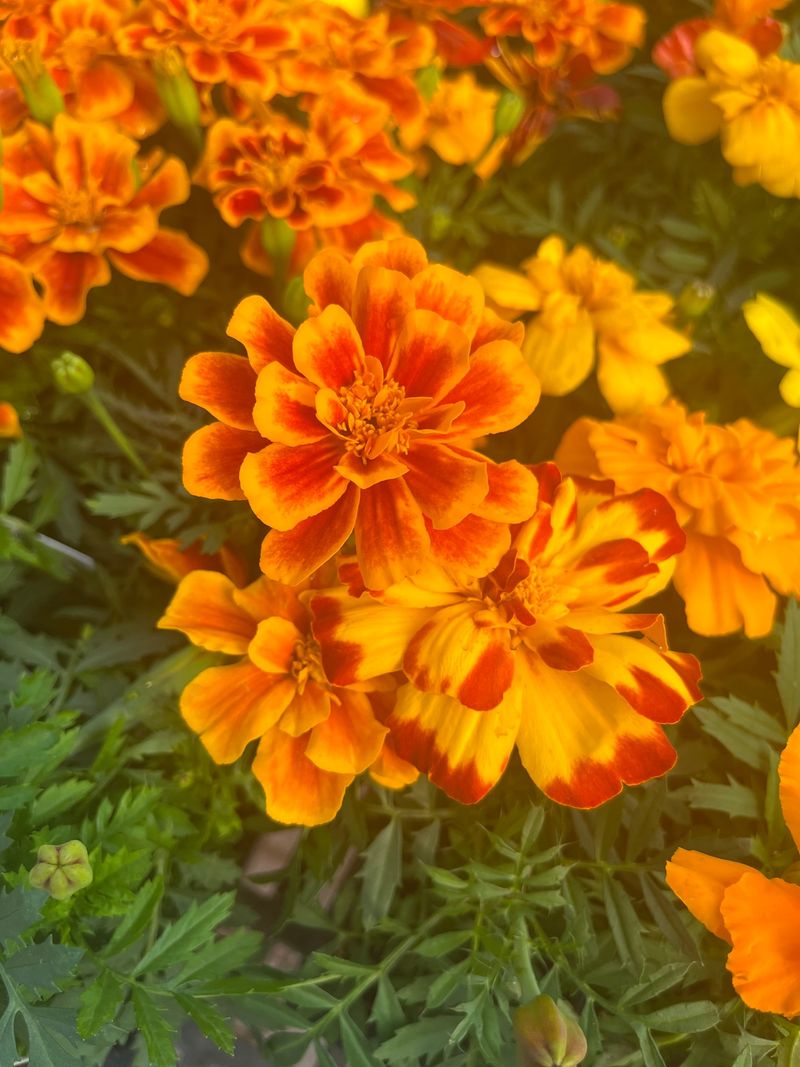
Certain plants naturally repel yellow jackets while adding beauty to your Georgia landscape. Mint, eucalyptus, wormwood, citronella, and marigolds all contain natural compounds that these insects dislike.
Create a buffer zone of these repellent plants around patios and outdoor dining areas. The aromatic oils release when temperatures rise, providing stronger protection during Georgia’s hottest months when yellow jacket activity peaks.
I planted a border of spearmint around my deck last spring, and noticed far fewer yellow jackets bothering us during summer barbecues compared to previous years.
5. Locate and Treat Nests Carefully
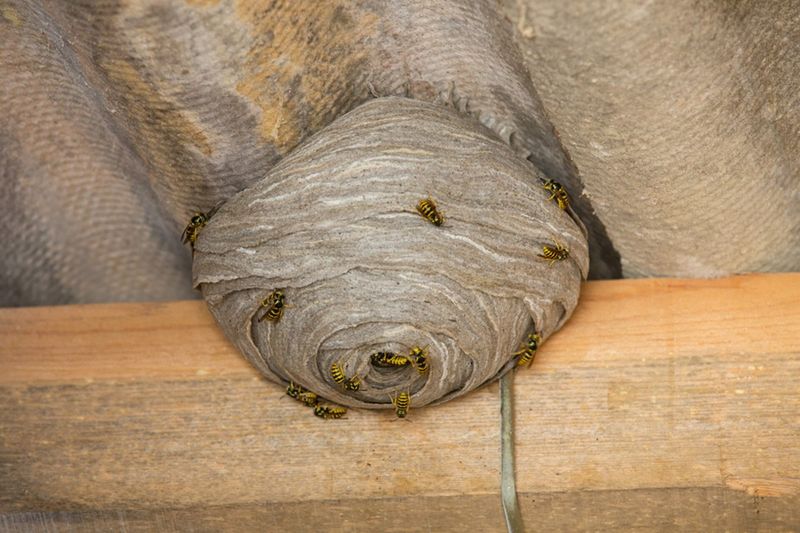
Yellow jacket nests in Georgia gardens are commonly found in ground holes, hollow trees, or under eaves. Watch for steady insect traffic to identify nest locations, typically during early morning or evening when they’re most active.
Once located, treat ground nests after dark when residents are inside. Use commercial insecticide dust or spray specifically labeled for yellow jackets, and always wear protective clothing.
For hard-to-reach nests or multiple colonies, consider hiring a local pest professional. My attempt to handle a nest under my garden shed ended with three painful stings before I called an expert!
6. Create a Fake Nest Decoy
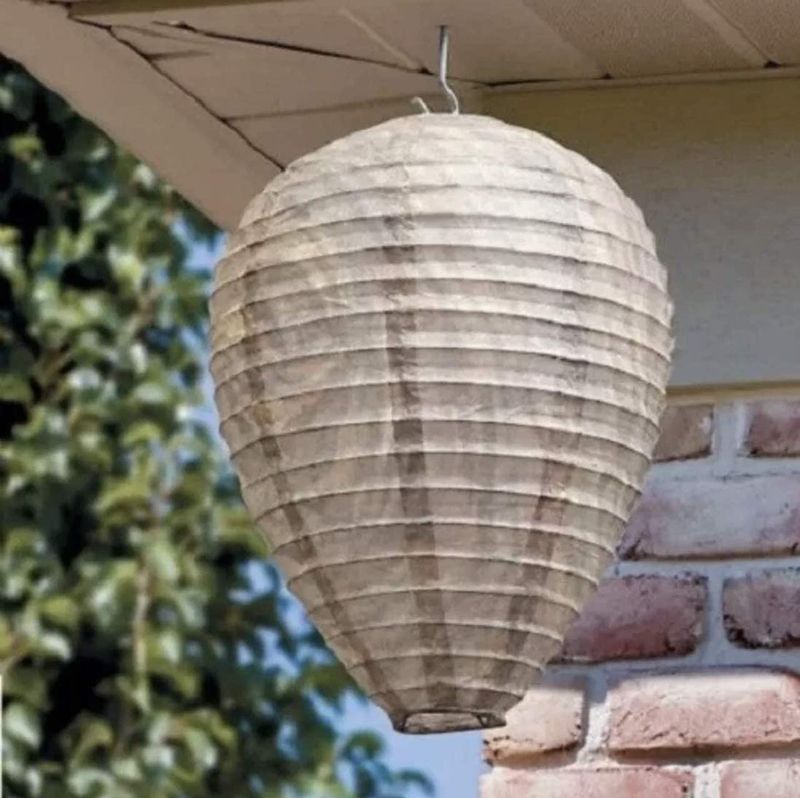
Yellow jackets are territorial and avoid areas where they believe other colonies exist. Brown paper bags inflated and hung in strategic locations around your Georgia garden can mimic competing nests.
Place these decoys before yellow jacket season begins in early summer. Hang them from tree branches, porch ceilings, or garden structures where they’ll be visible but protected from rain.
The fake nest trick worked surprisingly well for my sister’s Savannah garden. She hung three paper bag decoys in April and noticed significantly fewer yellow jackets all season compared to neighboring yards.
7. Encourage Natural Predators
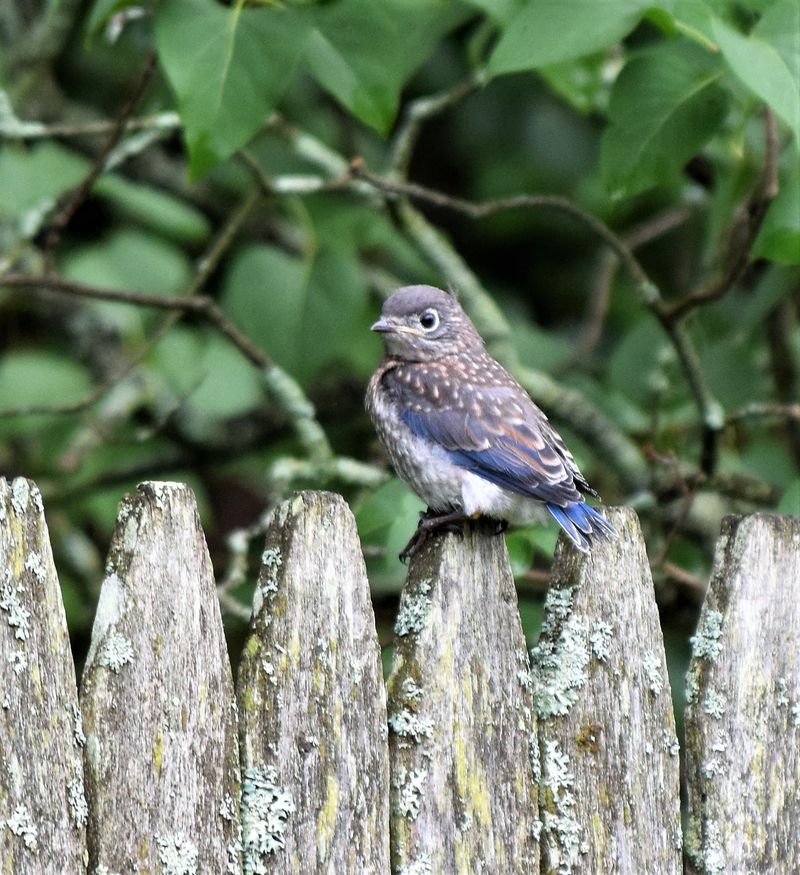
Birds like bluebirds and swallows naturally prey on yellow jackets and other flying insects. Install birdhouses and bird baths in your Georgia garden to attract these helpful predators.
Avoid using broad-spectrum insecticides that kill beneficial insects like praying mantises and certain wasps that prey on yellow jackets. Creating a balanced ecosystem naturally limits pest populations.
My bluebird house installation three years ago brought a family of birds that seems to keep yellow jacket numbers in check around my vegetable garden. Nature’s pest control at its finest!
8. Use Essential Oil Sprays
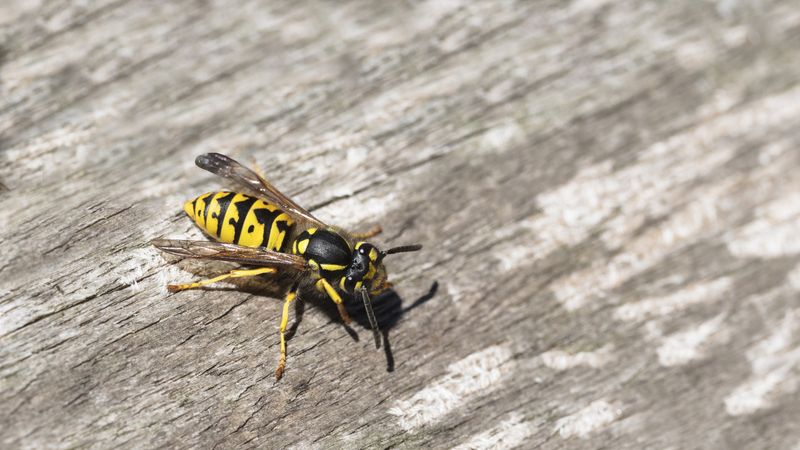
Create a natural repellent spray using essential oils that yellow jackets detest. Mix 2 tablespoons of peppermint, lemongrass, or clove oil with 1 cup of water and a teaspoon of dish soap in a spray bottle.
Apply this mixture to outdoor furniture, eating areas, and around garden borders where you spend time. The strong scent masks food odors and creates an invisible barrier that yellow jackets prefer to avoid.
Reapply after rain or every few days during Georgia’s humid summer months when yellow jacket activity reaches its peak. The pleasant aroma is a bonus for human garden visitors!

